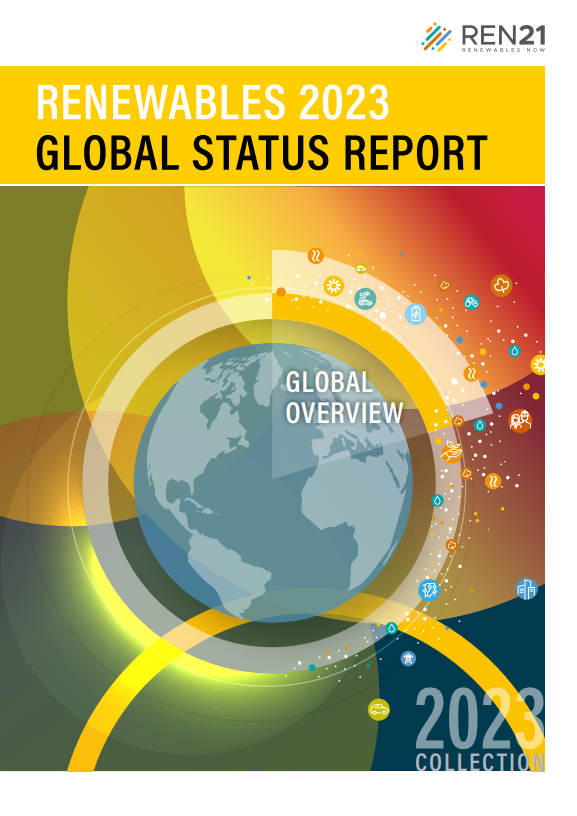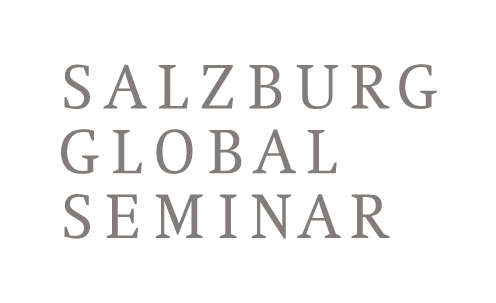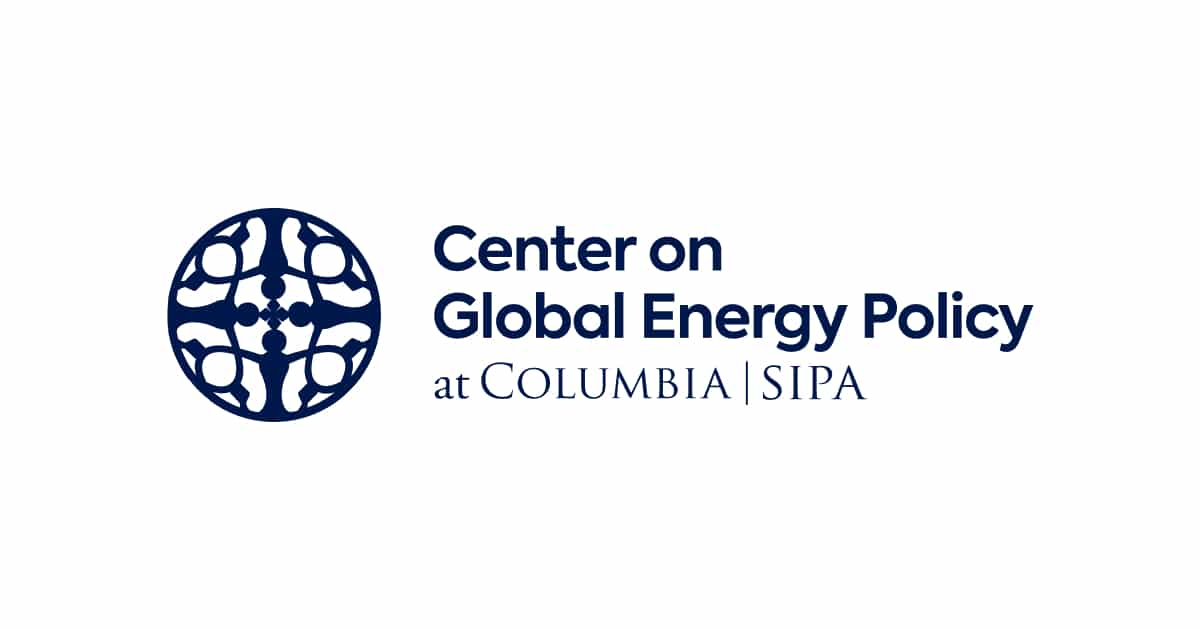The Renewables 2023 Global Status Report by REN21 provides an overview of recent global trends and data regarding renewable energy, which includes power, heat, and fuel. It discusses current policy initiatives promoting renewable energy and its use in industry, transportation, and agriculture. The report underscores the growing focus on renewable energy due to worsening climate change and energy-related inflation.
Additionally, the report notes the increasing use of wind and solar energy, driven by particular policy frameworks and technological advancements. It explores trends, opportunities, investments, market developments, and challenges associated with renewable energy deployment, especially in buildings.
The report emphasizes the significance of renewable energy as a resilient, reliable, stable, and cost-effective source across all demand sectors. It also underscores its capacity to address the world’s complex crises.
Sun and Wind Lead the Charge:
Solar and wind power remain the undisputed champions, accounting for 90% of new renewable energy capacity additions in 2022. Several factors drive this rapid growth:
- Cost competitiveness: In many regions, renewable energy is now the most affordable option for new electricity generation, making it increasingly attractive for investors and consumers.
- Technological advancements: Continuous improvements in solar panel efficiency and wind turbine technology make these sources even more efficient and cost-effective.
- Policy support: Many countries are implementing supportive policies, including feed-in tariffs, tax breaks, and renewable energy targets, further accelerating the shift towards renewables.
While solar and wind are the current frontrunners, other renewable energy sources are also gaining traction. Hydropower remains a significant contributor, and geothermal, biomass, and marine energy are seeing promising developments.
Despite the positive outlook, several hurdles remain on the path to a fully renewable future:
- Policy uncertainties: Some countries lack stable and predictable policies for renewables, creating an environment of uncertainty for investors and hindering investment.
- Grid integration challenges: Integrating large amounts of variable renewable energy into existing grids requires significant investments in smart grids and energy storage solutions.
- Social and environmental concerns: Renewables projects can have social and environmental impacts, such as land use changes and displacement of communities. These concerns must be addressed carefully and mitigated to ensure a sustainable transition.
Key findings and trends:
Policy section
Highlights the significant role of government policies in promoting global renewable energy adoption. These policies, including climate change actions and net-zero emission targets, create favorable renewable market conditions, driving innovation and economic opportunities. The report also discusses recent geopolitical shifts and inflation, leading to a focus on energy security and comprehensive policies supporting renewable energy. The importance of robust data sources for policy analysis is emphasized.
Investment section
Reveals that new investment in renewable power and fuels reached a record high of USD 495.4 billion in 2022, representing less than a third of the global investment in power and fuel supply. The report emphasizes the need for greater financial commitments to integrate renewables into the global energy mix and discusses the impact of geopolitical developments and inflation on investment trends. It also provides insights into public and private sector investments and financial policies promoting renewables and discusses inflation-related challenges and rising costs.
Challenges and Opportunities section
Discusses the hurdles and prospects in the global shift towards renewable energy, including policy, technological, financial, and societal aspects. It emphasizes the need for innovative solutions, collaboration, robust data, and coordination across sectors. It also highlights the socio-economic benefits and potential of technological advancements in the renewable energy transition, providing insights for policymakers, industry leaders, and stakeholders.
Key figures:
- Global new investment in renewable power and fuels reached a record high of USD 495.4 billion in 2022.
- Renewable energy accounted for 72% of all new power capacity additions in 2021, with solar and wind power representing 90% of the total.
- The total installed capacity of renewable power reached 2,799 GW in 2021, with hydropower accounting for the largest share (1,308 GW), followed by wind power (743 GW) and solar power (773 GW).
- Renewable energy provided an estimated 29.7% of global electricity generation in 2021, up from 28.2% in 2020.
- The number of countries with renewable energy targets or policies increased to 200 in 2021, up from 176 in 2015.
- The number of people without access to electricity fell to 759 million in 2021, down from 860 million in 2018.
- The number of people without access to clean cooking facilities fell to 2.6 billion in 2021, down from 3 billion in 2010.
A Call to Action:
While the Renewables 2023 Global Status Report paints a cautiously optimistic picture, it also emphasizes the urgency of action. Current trends are insufficient to achieve global climate goals and limit warming to 1.5°C. Finally, the report concludes with a strong call to action for governments, businesses, and civil society organizations:
- Increase investments: Significantly increase investments in renewable energy technologies and infrastructure to accelerate the pace of the transition.
- Strengthen policies: Implement clear and stable policies that incentivize renewable energy development and provide long-term certainty for investors.
- Innovate and collaborate: Foster research and development in new renewable technologies and promote international collaboration to share best practices and overcome common challenges.
- Ensure a just transition: Address social and environmental concerns associated with renewable projects and ensure that all communities equitably share the benefits of the transition.




